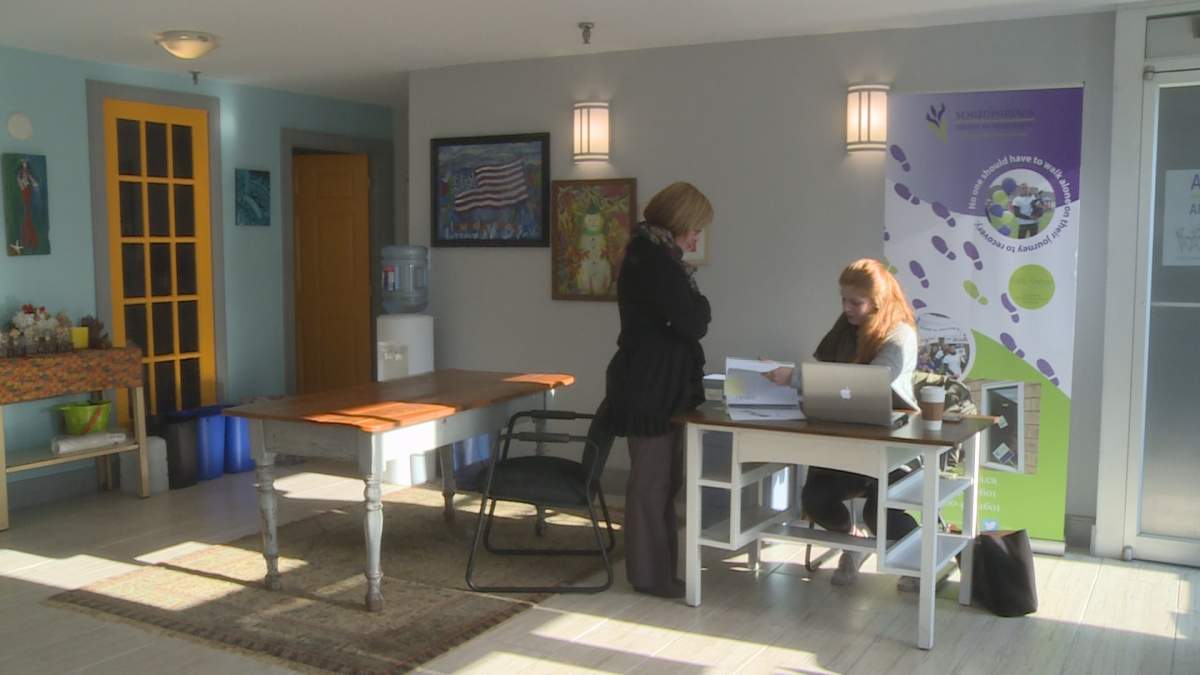Those who have struggled with accessing mental health care in Nova Scotia, either for themselves or for loved ones, are speaking out in hopes of helping others.

When Chandler Hennigar shared the story of his family’s attempts to get mental health care for his brother Codey, he said they were never told about the Involuntary Psychiatric Treatment Act. It’s something he thought could have helped his family.
The act was passed in 2005 and is an option of last resort. The province says it is used to “make sure that those who are unable to make treatment decisions, due to their severe mental illness, receive the appropriate treatment.”
READ MORE: ‘We were helpless’: Codey Hennigar’s brother calls for changes to mental health care in Nova Scotia

Get weekly health news
Dalhousie University law professor Archie Kaiser said the law can be used when someone has a serious mental health disorder that causes them to be a danger to themselves or the community. But he said the first option a family should take is to try to negotiate with their loved ones to get the care they need.
“Try to get the person to accept that he or she needs supports and possibly treatment,” Kaiser said. “Voluntary acceptance of supports and treatment is always best.”
Police, physicians or the courts can rely on the act to compel someone to get an involuntary assessment and possibly treatment or hospitalization.
He said the act is “notoriously controversial” because “forcible assessment and treatment is a very serious intrusion on anybody’s liberty, particularly where they may have done nothing wrong.”
Schizophrenia Society of Nova Scotia offering support
The Schizophrenia Society of Nova Scotia says mental health concerns affect many people in the province.
Executive director, Diane MacDougall, says the society is there for people who have schizophrenia and people who have other mental health concerns.
She encourages families and people to reach out to non-governmental organizations such as the society “before they are facing a crisis,” in order to get the information they need and support from peers.
She also highlighted the Nova Scotia Early Psychosis Program, which is available for people between the ages of 15 and 35 who are experiencing their first episode of psychosis.
READ MORE: N.S. government invests $8.6M in mental health services
Together with the Bloom Program at Dalhousie University, the society is also compiling a comprehensive list of mental health and addictions programs and services across the province. Called the Navigator, it will be on display at the conference for people to give feedback on.
Other places to go for help
- In a crisis situation, the province says people should call the mental health crisis line at 1-888-429-8167 or 911.
- The health authority says the mental health mobile crisis team is also available across the province, 24/7.
- The Nova Scotia Health Authority says in some cases you can refer yourself for care by contacting the services in your area. A list of the programs offered across the province can be found here.
- The Nova Scotia division of the Canadian Mental Health Association has a list of programs and services including training programs.
- The Mental Health Foundation of Nova Scotia several programs for the community including PTSD service dog matching and education.
The society is hosting its annual provincial conference on Nov. 17 at the Lord Nelson hotel in Halifax.
MacDougall says the event is open to all and will feature author Todd Leader along with several other speakers.
“It’s for anyone who has an interest in mental health,” she said.














Comments